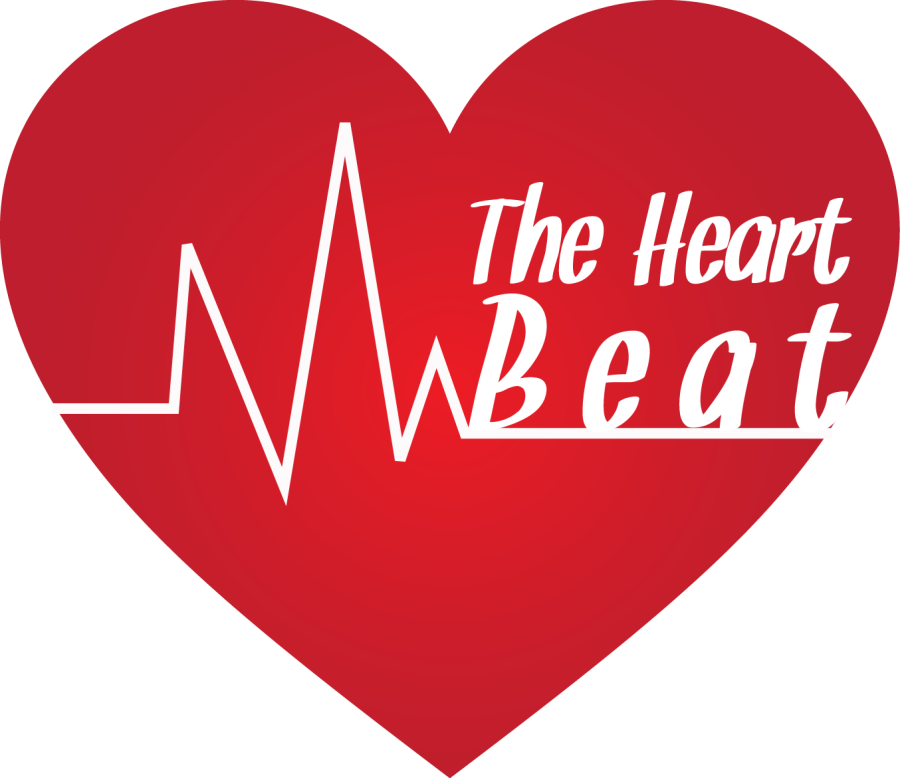By Rachel Gallego
Staff Writer
You’ve probably heard about the increasing number of people jumping on the bandwagon of becoming gluten-free.
You may also be noticing more gluten-free products in stores. What you are probably not hearing is that there are some important things to consider before eliminating foods with gluten from your diet.
Many people state that they feel healthier after going gluten-free. Some individuals feel it may even be the answer to weight loss, clearer skin and more energy.
Gluten is a protein complex that is most commonly found in wheat, barley, rye and triticale. It gives dough its elasticity and helps to keep its shape. The main reason someone would want to consume a gluten-free diet is to help treat the symptoms of celiac disease. Gluten causes inflammation to the small intestine of those with the disease. This can eventually damage the lining of the small intestine and prevent the absorption of certain nutrients.
Even if you do not have Celiac disease, you could possibly be intolerant or sensitive to gluten. Common symptoms include bloating, abdominal pain, diarrhea and fatigue.
Products that do not contain gluten include:
-Beans, seeds, nuts (natural & unprocessed)
-Fresh eggs
-Fresh meat, fish and poultry
-Fruits and vegetables
-Most dairy products
Be careful when picking gluten-free options because many times they can be higher in calories, fat and carbohydrates. WebMD states that a gluten-free diet avoids many common nutritious foods that are rich in essential vitamins and minerals. You should consult with your doctor or a dietitian before considering or switching to a gluten-free diet.


